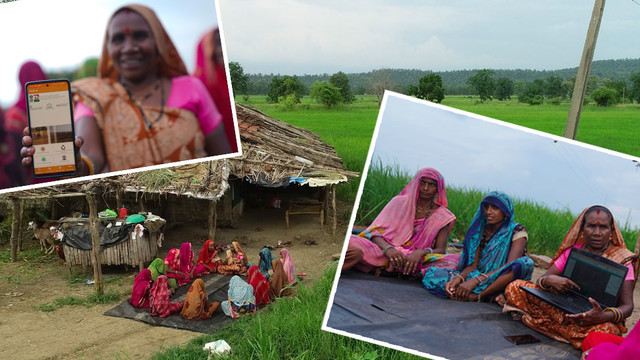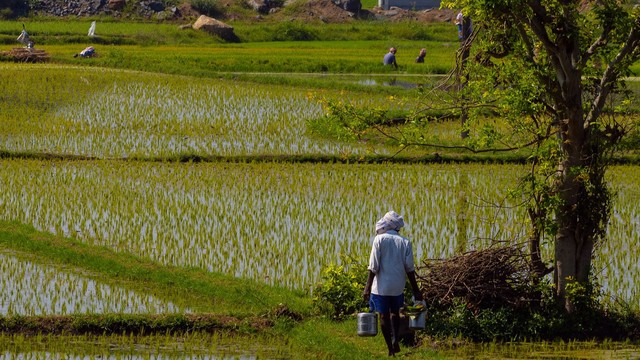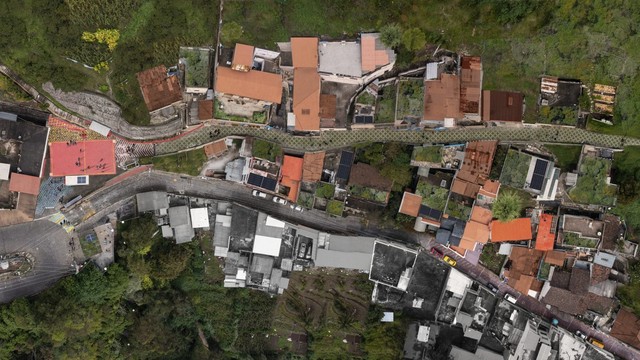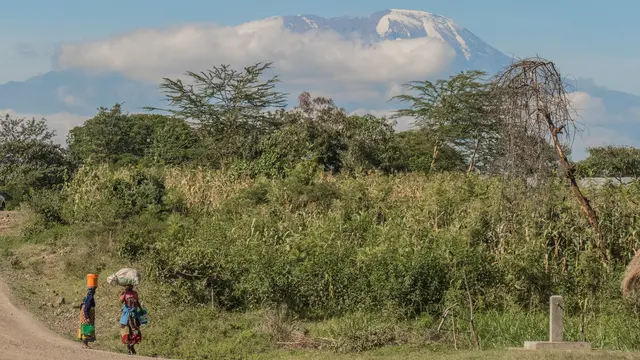IIED joins forces with the Risk-informed Early Action Partnership
IIED has recently become a member of the Risk-informed Early Action Partnership, a worldwide network of climate, humanitarian and development communities.

A new irrigation scheme helps communities in the dry region of Isiolo, Kenya to gain resilience to the effects of climate change (Photo: EU/ECHO/Martin Karimi via Flickr, CC BY-ND 2.0)
With the aim of making one billion people safer from disaster by 2025, IIED has joined the global membership of the Risk-informed Early Action Partnership (REAP).
REAP offers partners a platform for sharing knowledge and expertise on their work across the full value chain of 'early warning early action' interventions to climate change. REAP fosters collaboration and new partnerships between stakeholders and communities working in climate action, humanitarian emergency and development.
The institute will collaborate with REAP members on a variety of initiatives, including:
- Climate responsive social protection
- Anticipatory action and disaster risk financing
- Localisation in disaster response, by promoting the principles for locally-led adaptation, and
- Understanding how humanitarian actors can respond better to the climate emergency.
Ben Webster, head of secretariat for REAP, said: “We are delighted to welcome IIED to the partnership. Given their strong knowledge and expertise on climate change adaptation and development, IIED will be able to contribute significantly in support of the work of other partners, and we look forward to collaborating to make more people safer from extreme weather events in the coming years.”
The growing partnership of 50 partners, including international organisations, civil society and the private sector, along with 17 developed and developing countries, was initially launched at the UN Climate Action Summit, in September 2019 with the announcement of four targets, each of which contribute to making one billion people safer from disaster by 2025.
Contact
Simon Addison (simon.addison@iied.org), principal researcher in IIED's Climate Change research group



